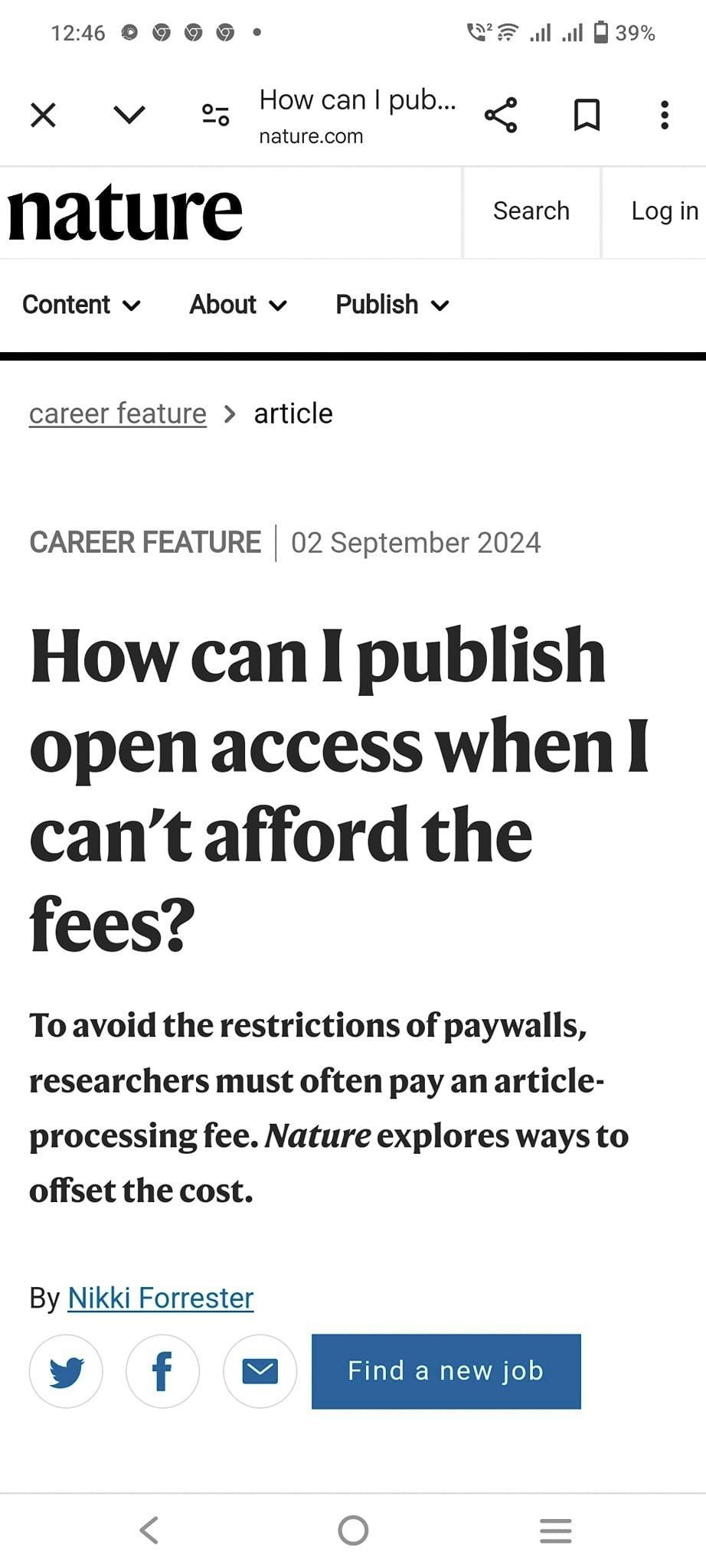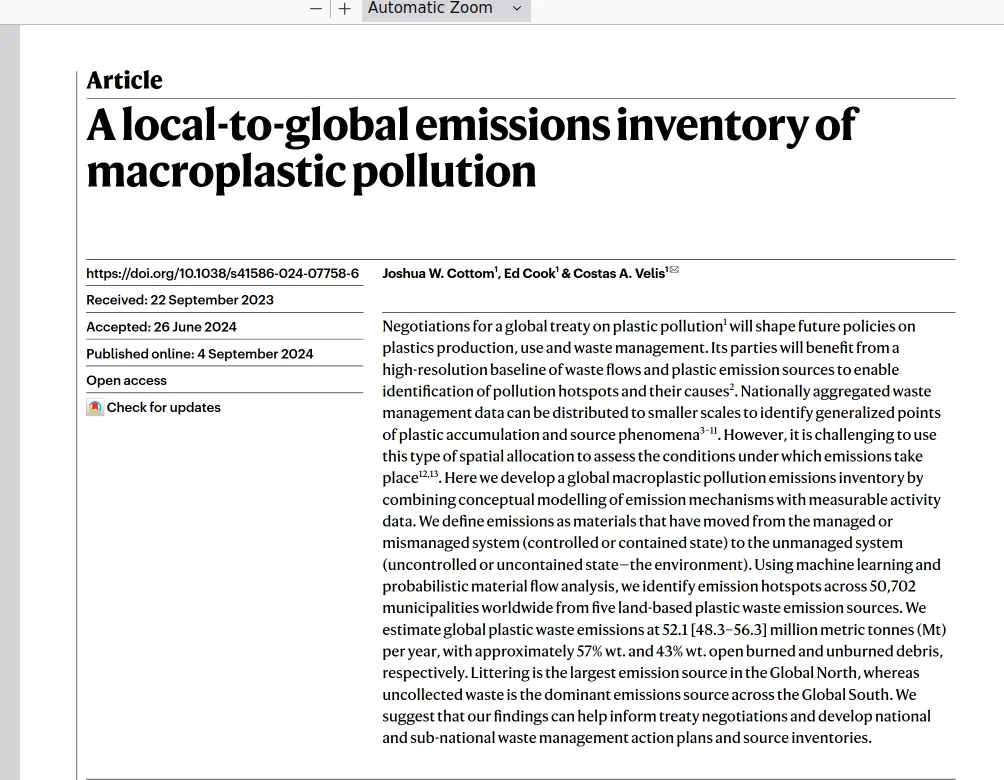Chiming in with barely any knowledge on the topic.
Universities are massive institutions, with serious cash behind them. What the hell is stopping, say, all the public Australian universities just setting up their own journal, running it at cost for all the universities in Australia?
Make it make sense.


 .
.